8 data strategy mistakes to avoid
CIO Business Intelligence
JANUARY 24, 2024
Organizations can’t afford to mess up their data strategies, because too much is at stake in the digital economy. How enterprises gather, store, cleanse, access, and secure their data can be a major factor in their ability to meet corporate goals. Here are some data strategy mistakes IT leaders would be wise to avoid.


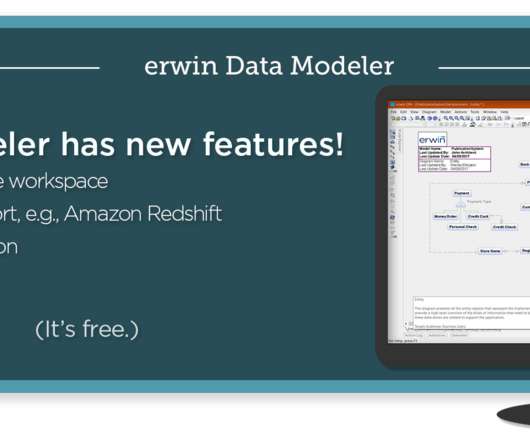
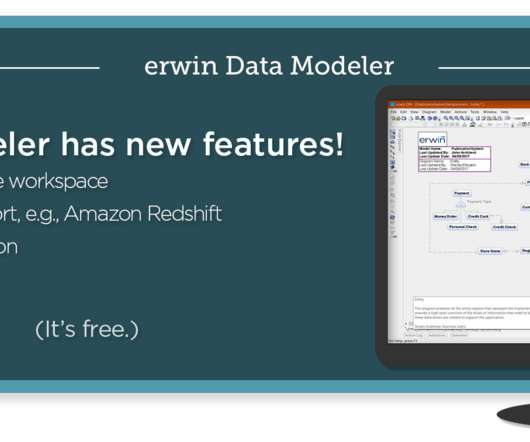

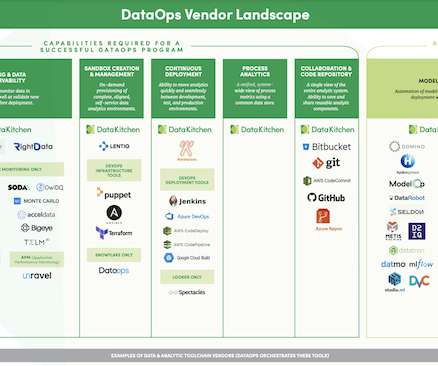



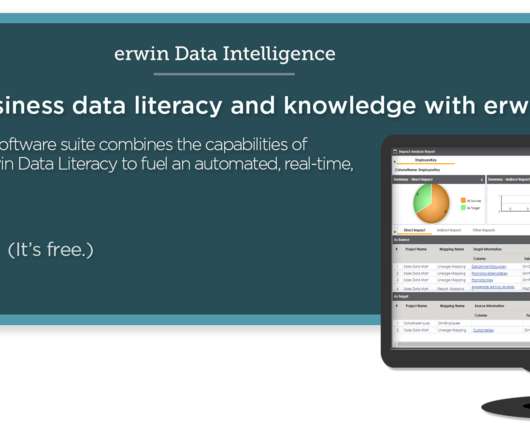


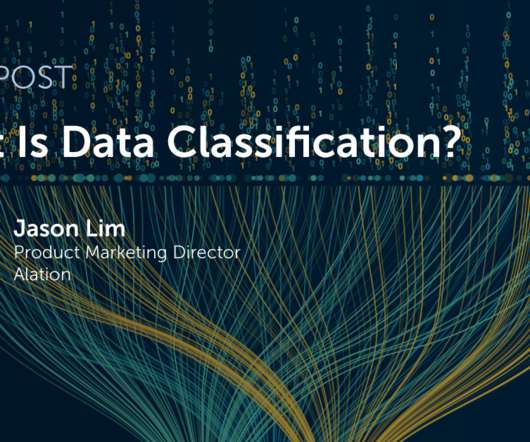
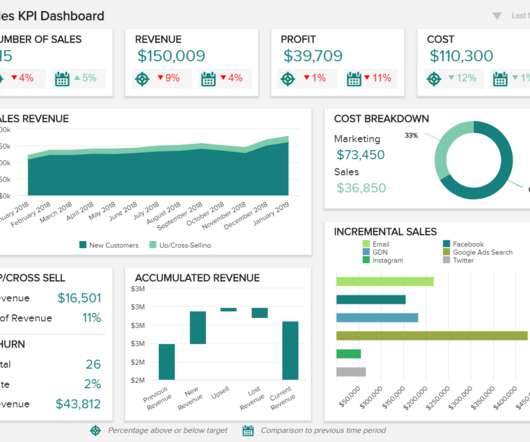








Let's personalize your content